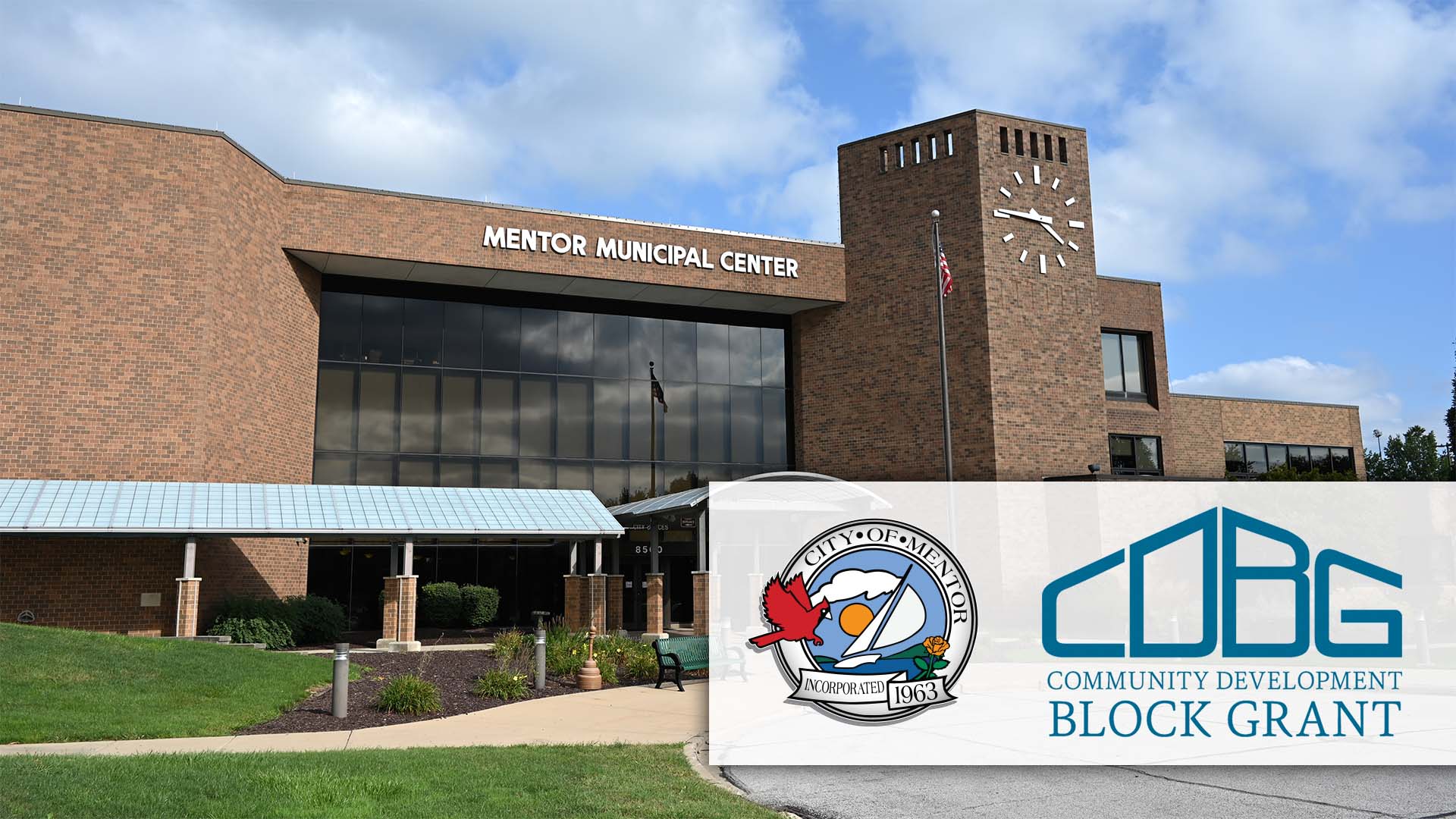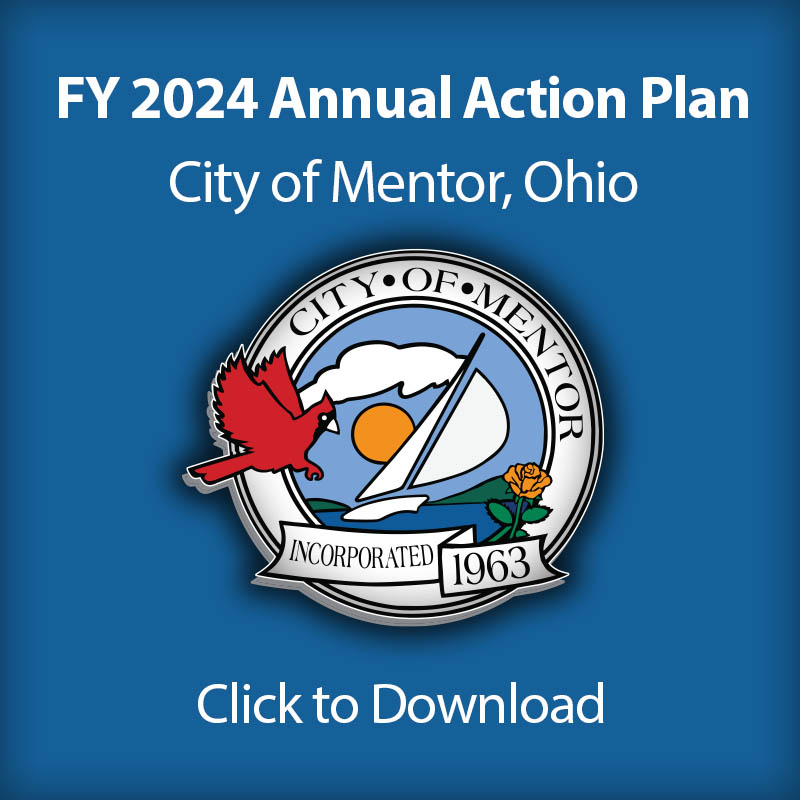
The City of Mentor has been identified by the U.S. Department of Housing and Urban Development (HUD) as an Entitlement Community, allowing it to qualify for formula Community Development Block (CDBG) funds each year. These grant funds are used to provide decent housing and a suitable living environment and expand economic opportunity for primarily low- and moderate-income persons. The CDBG program has been authorized under Title 1 of the Housing and Community Development Act of 1974, as amended.
How the Mentor CDBG Program Helps Mentor Residents
Single Family Housing Rehabilitation Program
The City of Mentor’s Single Family Housing Rehabilitation (SFHR) program is designed to assist qualified low to moderate income Mentor residents to have eligible repairs made to their owner-occupied residential property and upgrade their living conditions. Up to $10,000 per property is available for those who qualify.
Qualifying improvements would generally be those that will bring the structure into greater compliance with local codes and can include:
- Any energy conservation improvements which, when made in conjunction with other code improvements, result in substantial weatherization. Site improvements to ensure proper building and yard drainage
- Repair or replace existing sidewalks
- Handicapped accessibility improvements
- Exterior painting
- Electric and electrical panel updates
- Foundation repair and waterproofing
- Furnace repair and replacement
- Vermin and insect removal
- Plumbing repairs including hot water tank replacement
- Connection to sanitary sewer and/or water line
This program is administered by Western Reserve Community Development Corporation. Applicants’ income must be 80% (or less) of HUD’s annually established median income for Mentor.
For additional program information or questions, contact Program Manager Toni Marie Ciliberto at [email protected] or (440) 357-4400. Learn more about Single-Family Housing Rehabilitation Program on the Western Reserve Community Development website.
CDGB NOTICES
Contact
For questions regarding the City of Mentor CDBG program, contact;
Kevin Grippi
Grant Supervisor
City Manager’s Office
8500 Civic Center Boulevard
Mentor, Ohio 44060-2418
(P) 440-974-5714
[email protected]
Larry Rastatter, AICP
Planner
Planning & Development Office
8500 Civic Center Boulevard
Mentor, Ohio 44060-2418
(P) 440-974-5740
[email protected]

